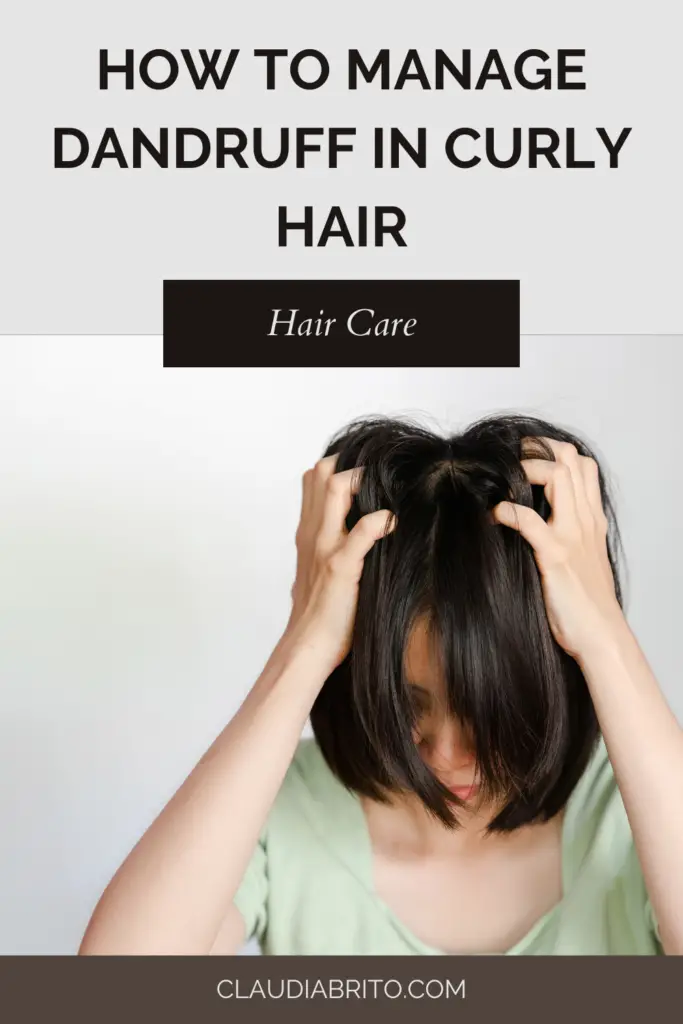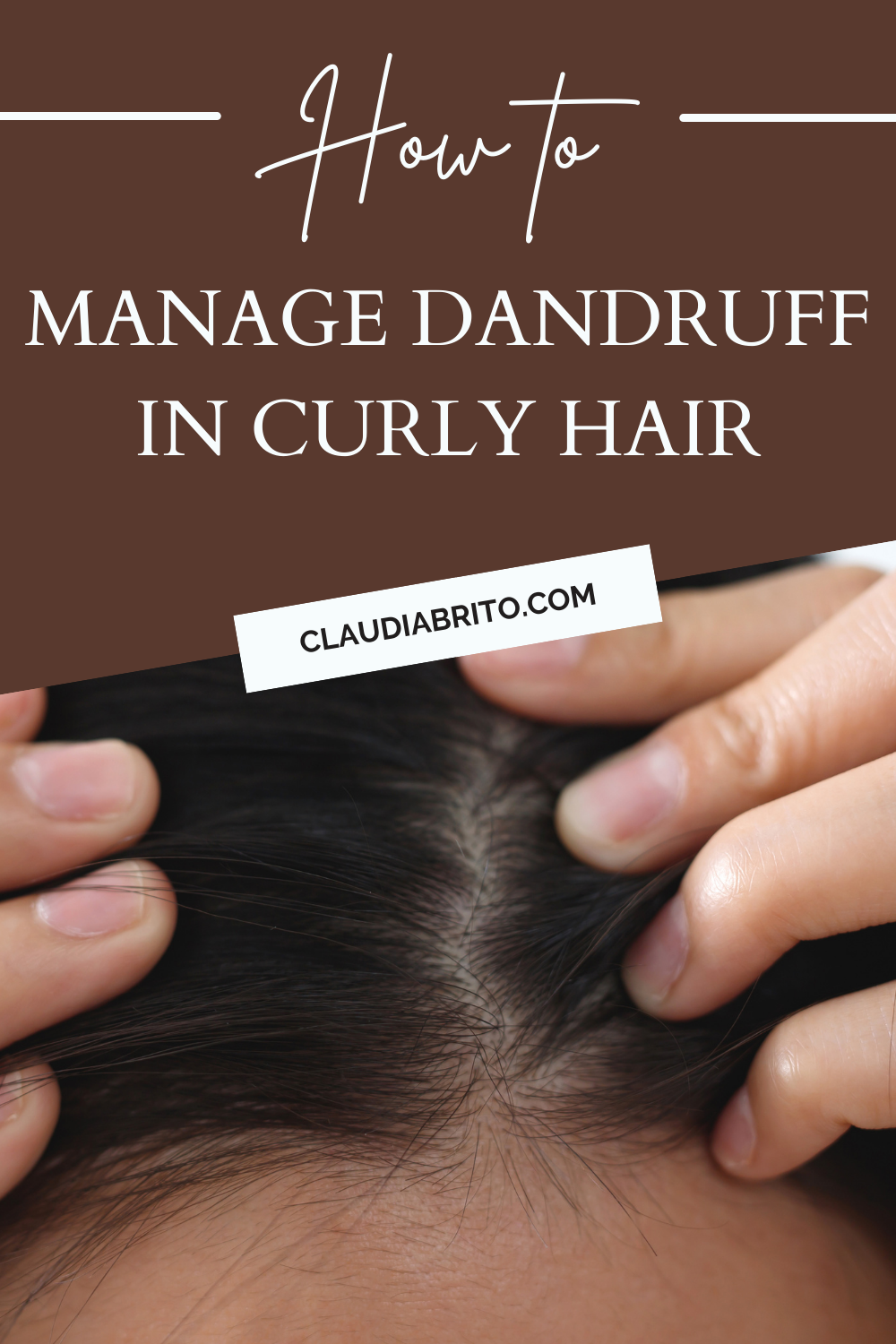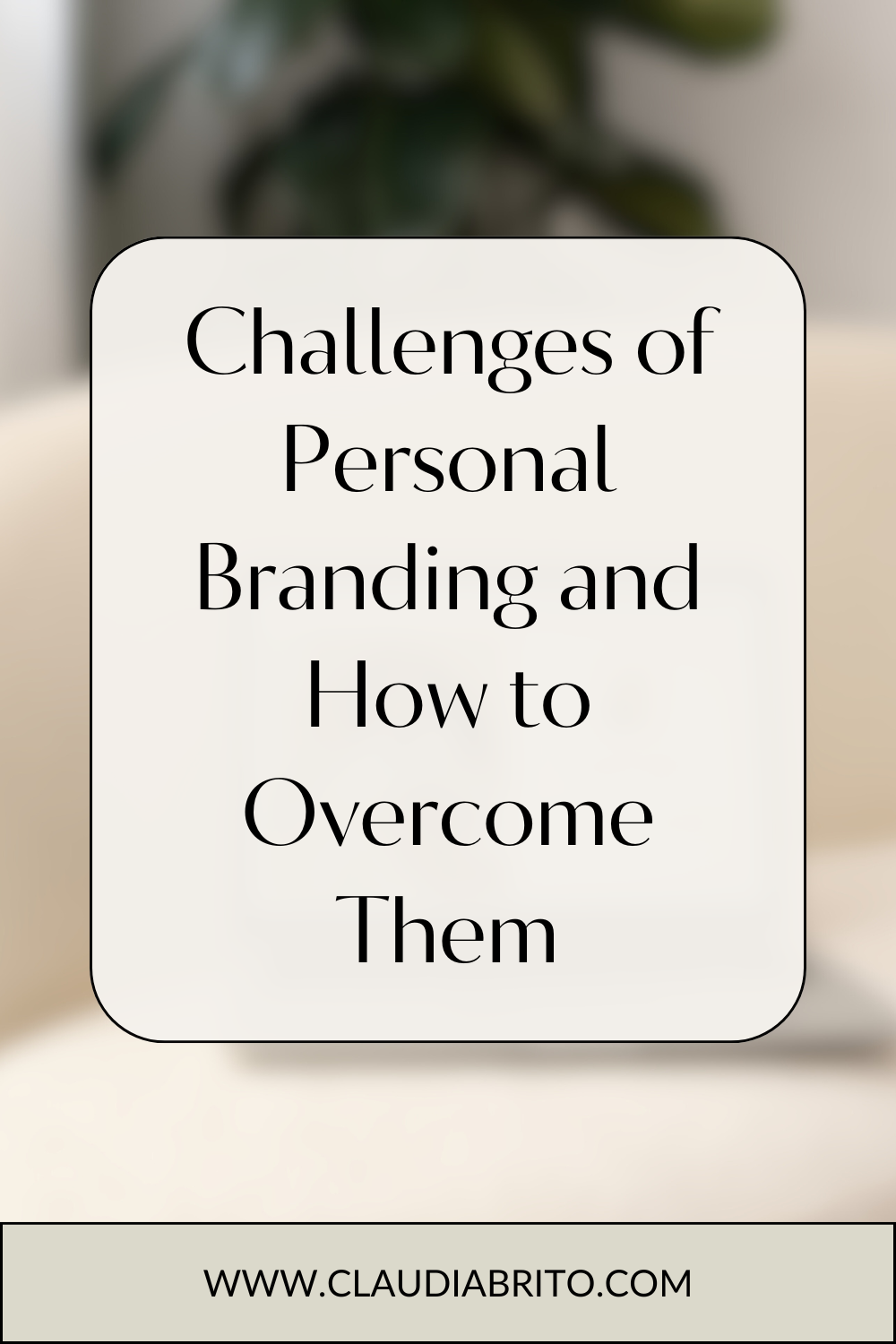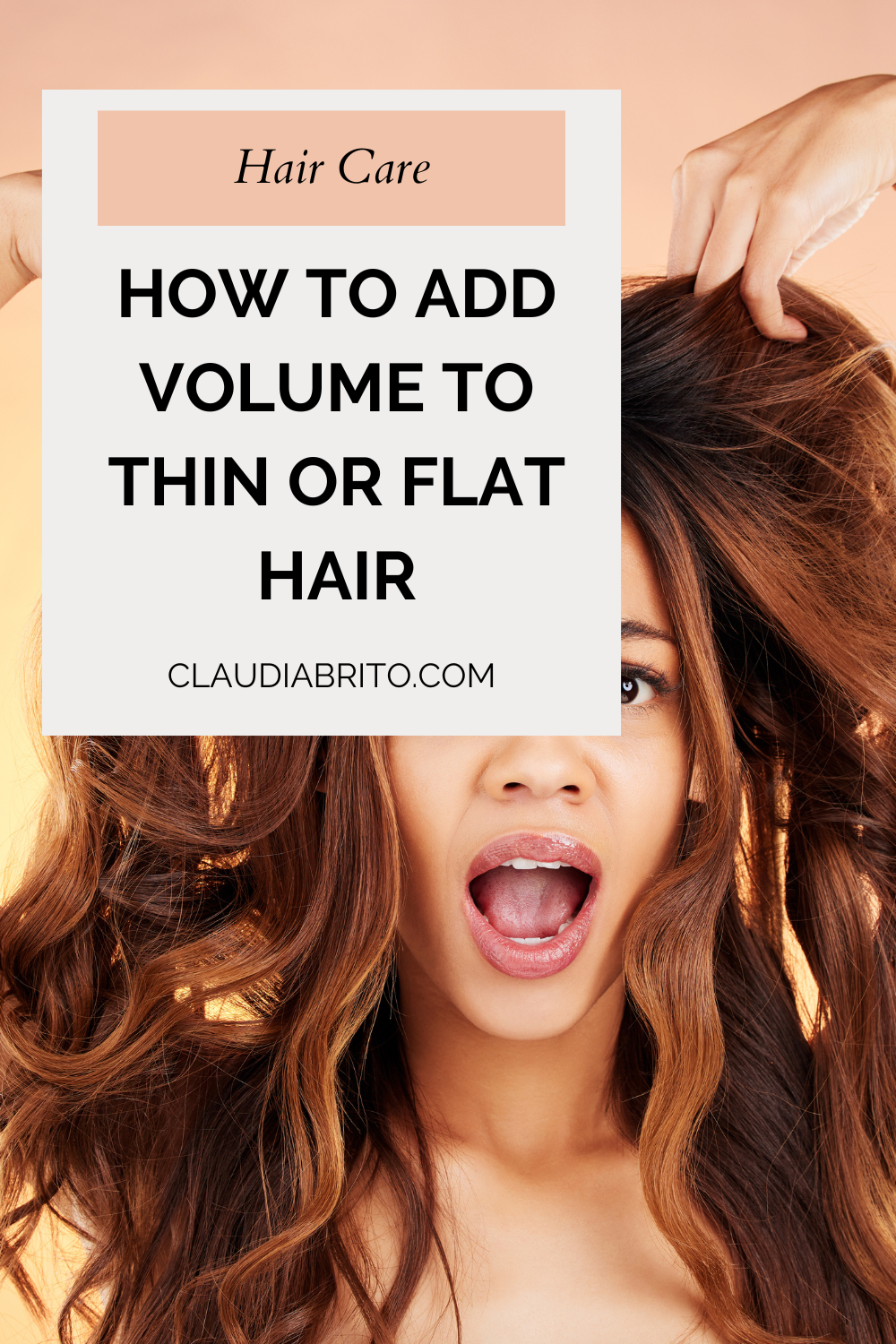Curly hair and dandruff can often go hand-in-hand, with the unique structure of curly hair contributing to scalp issues. If you’re dealing with both unruly curls and dandruff, you may wonder why they are linked and how to care for your hair and scalp. Here’s an in-depth exploration of the relationship between curly hair products and dandruff, along with practical tips to manage both effectively.

Understanding Curly Hair and Its Impact on Scalp Health
Curly hair has a distinct structure due to the asymmetrical shape of the hair follicles. Unlike straight hair, the oils from the scalp (sebum) struggle to travel down the hair shaft, leading to dryness in the lengths and potentially oil buildup at the scalp. This unique oil distribution can result in common scalp issues, such as:
- Dryness of the hair strands: Curly hair tends to lose moisture quickly, resulting in frizz and breakage.
- Oil buildup at the scalp: Due to the difficulty in distributing natural oils, the scalp can become oily while the ends remain dry.
- Product buildup: Curly hair often requires heavier moisturizing and styling products, which can accumulate on the scalp.
This environment can encourage dandruff development, especially when paired with frequent product use and infrequent washing.
What Causes Dandruff in Curly Hair?
Dandruff is primarily caused by the presence of a fungus called Malassezia, which feeds on natural oils. For some, the byproduct of this process, oleic acid, causes an inflammatory response, leading to flaking and itching.
In curly hair, where oil often accumulates on the scalp, the conditions become more favorable for Malassezia to thrive. This can make dandruff more noticeable, especially if hair products are heavy or left on the scalp for long periods.
Curly Hair Products and Their Role in Scalp Health
The products you use on curly hair are crucial for maintaining both your curls and your scalp. However, some products may unintentionally contribute to scalp issues, including dandruff.
- Styling Products: Heavier gels, creams, and oils used to define curls can build up on the scalp, clogging hair follicles and trapping moisture, which creates a breeding ground for fungus.
- Moisturizing Products: While essential for curly hair, some products can be too heavy for the scalp, leading to oil accumulation and irritation.
- Cleansing Products: Infrequent washing can exacerbate dandruff because oil and product buildup may go unchecked. On the flip side, harsh cleansers can strip the scalp of natural oils, causing it to produce even more oil as compensation.
Effective Strategies for Managing Curly Hair and Dandruff
To maintain a healthy scalp and vibrant curls, balance is key. Here are some tips:
Use a Gentle, Sulfate-Free Anti-Dandruff Shampoo – Look for shampoos with active ingredients like ketoconazole, zinc pyrithione, or salicylic acid. These help control dandruff without stripping the scalp and hair of necessary moisture. Sulfate-free options will help preserve the health of your curls.
Scalp Care Routine – Incorporate treatments to remove buildup and soothe irritation. You can exfoliate the scalp using a gentle scrub or opt for products with soothing ingredients such as aloe vera or tea tree oil. Regular scalp massages help distribute oils and promote circulation.
Moisturize the Hair, Not the Scalp – Focus on moisturizing the mid-lengths to ends of your hair. Use leave-in conditioners and curl creams on your strands, avoiding the scalp to prevent product buildup. The “squish to condish” method can help maximize moisture retention without oversaturating the scalp.
Clarify When Necessary – Occasionally, use a clarifying shampoo to remove heavy product buildup from your hair and scalp. Make sure to follow with a deep conditioner to rehydrate your curls after clarifying.
Lightweight Styling Products – Opt for water-based, lightweight products that define curls without leaving a heavy residue. Look for non-comedogenic formulas that won’t clog pores or aggravate the scalp.
Adapt Hair Care to Your Curl Type
- Wavy Hair (2A-2C): Focus on lightweight products to avoid oiliness and consider occasional clarifying shampoos.
- Curly Hair (3A-3C): Use rich, emollient products for hair moisture but avoid applying them directly to the scalp.
- Coily Hair (4A-4C): Regular deep conditioning and gentle cleansing can help maintain moisture balance and reduce scalp issues.
Natural Remedies for Dandruff Control
Natural treatments can complement your scalp care routine:
- Apple Cider Vinegar Rinses: These can help balance scalp pH and remove product buildup, reducing the likelihood of dandruff.
- Tea Tree Oil: Known for its antifungal properties, this essential oil can be added to your scalp care routine to combat dandruff-causing fungi.
- Coconut Oil: Use as a pre-shampoo treatment to moisturize the scalp without clogging pores.
Overall Hair Health and Scalp Management
Maintaining a balanced, healthy scalp and hair routine is key to keeping dandruff at bay. Make sure to:
- Stay Hydrated: Proper hydration is essential for both your scalp and hair.
- Eat a Balanced Diet: Nutrients like zinc, biotin, and omega-3 fatty acids support healthy hair and scalp.
- Manage Stress: Stress can exacerbate dandruff, so incorporating relaxation techniques may help reduce flare-ups.
When to Seek Professional Help
If your dandruff persists despite following a balanced hair and scalp care routine, it may be time to consult a dermatologist. They can diagnose more severe scalp conditions like seborrheic dermatitis or psoriasis and recommend stronger treatments.
Conclusion
Managing dandruff in curly hair can be a challenge, but with the right approach, it’s possible to maintain both a healthy scalp and well-defined curls. By balancing gentle cleansing, moisturizing techniques, and targeted scalp care, you can reduce dandruff while keeping your hair in its best shape. Remember that what works for one person might not work for another, so be patient and willing to adjust your routine as needed. If your dandruff persists or worsens, consulting a dermatologist for personalized advice is always a good option. With consistent care, you can enjoy beautiful curls and a healthy, flake-free scalp.
YOU MIGHT ALSO LIKE
How to Spend 12 Days in Albania
If you’re seeking a travel destination that offers jaw-dropping landscapes, fascinating history, and genuine hospitality, Albania is the place to be. This underrated gem in Southeastern Europe is…
4 min read
How to Spend 10 Days in Greece: An Unforgettable Adventure
If you’ve ever dreamed of a vacation that combines history, breathtaking scenery, and vibrant culture, Greece is the ultimate destination. As someone in my mid-20s, I’m all about…
4 min read
Personal Brand Alongside Your 9-5 Job: Simple Guide
In today’s competitive job market, building a personal brand alongside your regular 9-to-5 job isn’t just a trendy concept—it’s a practical strategy for professional growth, financial independence, and…
4 min read
Challenges of Personal Branding and How to Overcome Them
In today’s digital landscape, personal branding has become more than just a buzzword—it’s a necessity for professionals, entrepreneurs, and creatives who want to stand out. Yet, the process…
4 min read
How to Build Resilience, Confidence, and Handle Disrespect
Resilience, confidence, and the ability to deal with conflict are some of the most important qualities a person can have in today’s fast-moving and sometimes cruel world. But…
4 min read
How to Add Volume to Thin or Flat Hair: Expert Tips and Product Recommendations
Adding volume to thin or flat hair is a common challenge that many people face. With the right techniques, hair care routine, and products, you can achieve fuller,…
4 min read






